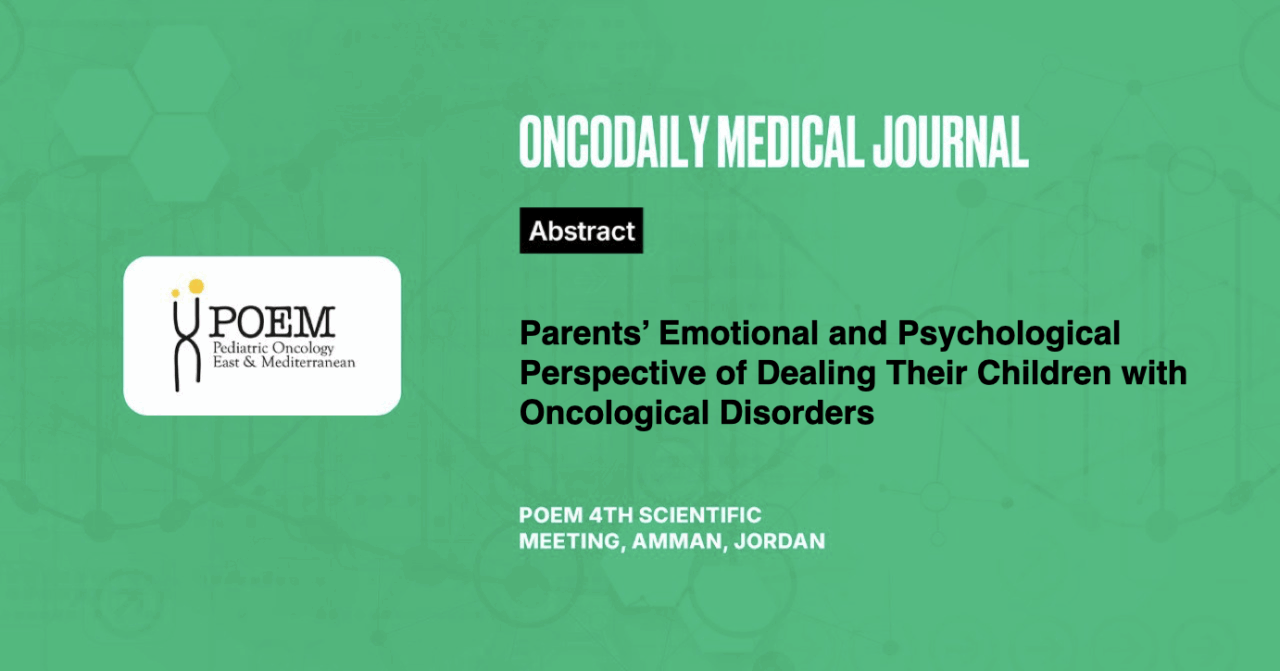Parents’ Emotional and Psychological Perspective of Dealing Their Children with Oncological Disorders
Abstract
Introduction: Childhood cancer has a profound effect on the emotional and psychological well-being of parents, yet often their psychological health is overlooked as the primary focus while treating the child. These parents silently suffer from psychological distress while caring for their children. They use their coping strategies to overcome the situation.
However, limited studies have been carried out in low- and middle-income countries (LMIC) regarding parents’ emotional and psychological perspectives of dealing with their children with oncological disorders. The objective of this study was to explore the psychological perspectives that parents of children with cancer experience associated with diagnosis, treatment, social challenges, and caregiver role strain while caring for their children. In addition, this research focused on parents’ coping strategies during this challenging period.
Methodology: This study was conducted using a descriptive exploratory design to address the research question. With the help of the purposive sampling technique, a total of 12 participants were recruited from a private tertiary care hospital in Karachi, Pakistan. The data was collected through in-depth, semi-structured interviews. Later, the findings were manually analysed using Creswell’s criteria for content analysis.
Results: The findings revealed four major themes: (i) Parental reactions and feelings, (ii) Coping strategies and support systems, (iii) Challenges, and (iv) Parental Perspective. The findings revealed that getting the information about the diagnosis of their child initially made the parents go through the shock and denial phase. However, many of them also showed hope and resilience in the face of difficult circumstances. Furthermore, the study also identified the coping mechanisms used by participants.
Conclusion: The study explored how parents feel when their child is diagnosed with cancer. It is essential to understand their feeling to provide them with the support they need in this difficult time.





